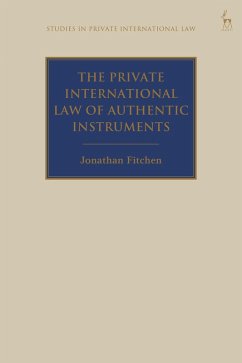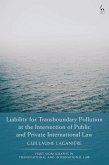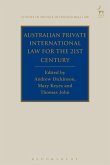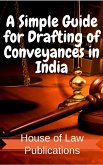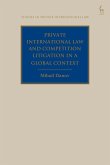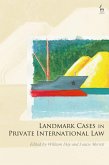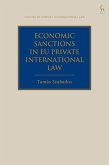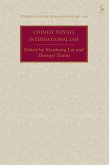This helpful book will equip the lawyer - whether notary, barrister or solicitor - with the legal information necessary to understand what an authentic instrument is (and what it is not), what it can (and what it cannot) be used to do in the course of contentious or noncontentions legal proceedings.
The book takes a two part approach. Part one focuses on an explanation of the nature of the foreign legal concept of an authentic instrument, setting out the modes of creation, typical domestic evidentiary effects and the typical domestic options to challenge such authentic instruments. Part two then examines and analyses authentic instruments under specific European Union private international law regulations, focusing on the different cross-border legal effects allowed and procedures that apply to each such.
Rigorous, authoritative and comprehensive, this will be an invaluable tool to all practitioners in the field.
The book takes a two part approach. Part one focuses on an explanation of the nature of the foreign legal concept of an authentic instrument, setting out the modes of creation, typical domestic evidentiary effects and the typical domestic options to challenge such authentic instruments. Part two then examines and analyses authentic instruments under specific European Union private international law regulations, focusing on the different cross-border legal effects allowed and procedures that apply to each such.
Rigorous, authoritative and comprehensive, this will be an invaluable tool to all practitioners in the field.

